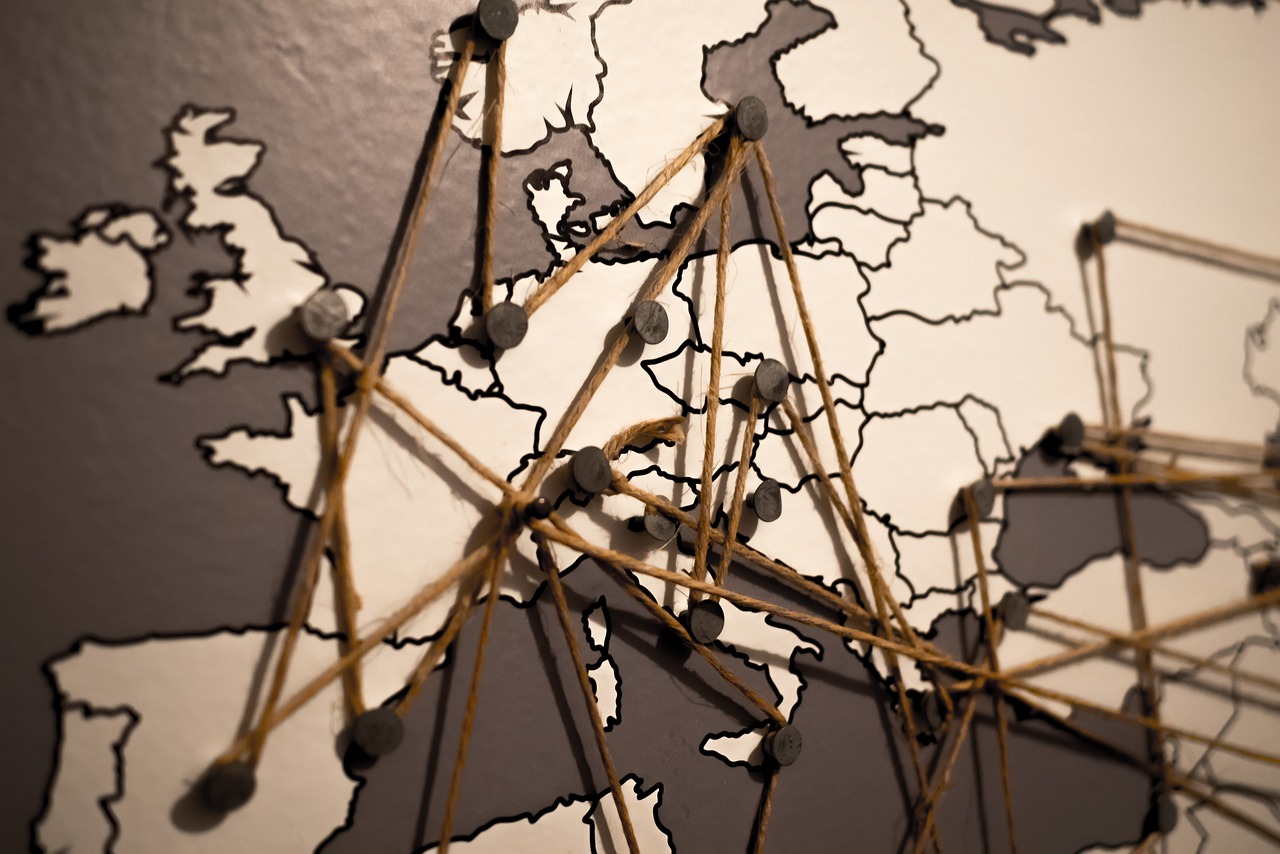AP European History 🇪🇺
335 resourcesSee Units
Multiple Choice Practice for Industrialization and Its Effects
Welcome to Unit 6 AP Euro Multiple Choice Questions! Grab some paper and a pencil 📄 to record your answers as you go. You can see how you did on the Unit 6 Practice Questions Answers and Review sheet once you're done. Don't worry, we have tons of resources available if you get stumped 😕 on a question. And if solo study is not your thing, join a group in Hours!
Not ready to take a quiz yet? Take a look at the Intro to Unit 6.

Image courtesy of Pixabay
Facts about the test: The AP Euro exam has 55 multiple choice questions and you will be given 55 minutes to complete the section. That means it should take you around 1 minute per question.
The following questions were not written by College Board and, although they cover information outlined in the AP Euro Course and Exam Description, the formatting on the exam may be different.
1. Who became the dominating conservative figure in Europe following the Congress of Vienna?
A. Louis XVIII
B. Otto von Bismarck
C. Napoleon Bonaparte
D. Prince Klemens von Metternich
2. Conservatives would support which of the following ideals?
A. The establishment and existence of hereditary monarchs
B. A popular constitution
C. An elected body of representatives
D. A state based around a common language and history
3. Liberals would support which of the following ideas?
A. An elected body of representatives
B. The existence of hereditary monarchs
C. Limited rights and protections for most people
D. A state based around a common language and history
4. Nationalists would support which of the following ideas?
A. Popular rights and protections for all people
B. An elected body for representatives
C. Limited rights and protections for most people
D. A state based around a common language and history
5. Which of the following is an example of how conservatives attempted to repress liberal ideas?
A. The Organic Statue
B. The June Rebellion
C. Carlsbad Decrees
D. The Poor Law Act
6. Which of the following nationalistic revolutions was NOT successful?
A. Serbian Revolution
B. Spanish Revolution
C. Greek Revolution
D. Belgian Revolution
7. Which of the following countries did not experience some form of revolution during the 1800s?
A. Austria
B. Britain
C. France
D. Prussia
8. What agricultural development pushed European peasants out of the countryside and into the city?
A. The Enclosure Movement
B. The Seed Drill
C. The Cottage Industry
D. The Cotton Gin
9. Which of the following was a reason why the Industrial Revolution started in Britain and not elsewhere?
A. The geographical location of waterways
B. The large amount of coal and iron in Britain
C. The growing population of Britain.
D. All of the above
10. What was the first industry to experience industrialization?
A. Automobiles
B. Agriculture
C. Steel
D. Textile
11. What invention allowed for the faster movement of goods and people?
A. The steam engine
B. The Bessemer Process
C. The Spinning Jenny
D. The Factory System
12. What were some of the positive changes that occurred in industrialized cities?
A. Development of modern sewers
B. City streets were widened
C. New and more modern housing replaced old housing
D. All of the above
13. Which country in continental Europe embraced industrialization first?
A. Austria
B. France
C. Germany
D. Russia
14. What class is most susceptible to the developing socialist ideas?
A. The working class
B. The middle class
C. The peasantry
D. The upper class
15. Which early socialist attempted to mix socialist ideas with industrialization with his creation of New Lanark?
A. Vladimir Lenin
B. Saint-Simon
C. Robert Owen
D. Karl Marx
- 🙌 Time to check your answers on Unit 6 Practice Questions Answers and Review.
- 🤝Connect with other students studying AP Euro with Hours.
Browse Study Guides By Unit
🎨Unit 1 – Renaissance & Exploration
⛪️Unit 2 – Reformation
👑Unit 3 – Absolutism & Constitutionalism
🤔Unit 4 – Scientific, Philosophical, & Political Developments
🥖Unit 5 – Conflict, Crisis, & Reaction in the Late 18th Century
🚂Unit 6 – Industrialization & Its Effects
✊Unit 7 – 19th Century Perspectives & Political Developments
💣Unit 8 – 20th Century Global Conflicts
🥶Unit 9 – Cold War & Contemporary Europe
🚀Thematic Guides
📝Long Essay Questions (LEQ)
📆Big Reviews: Finals & Exam Prep

© 2023 Fiveable Inc. All rights reserved.